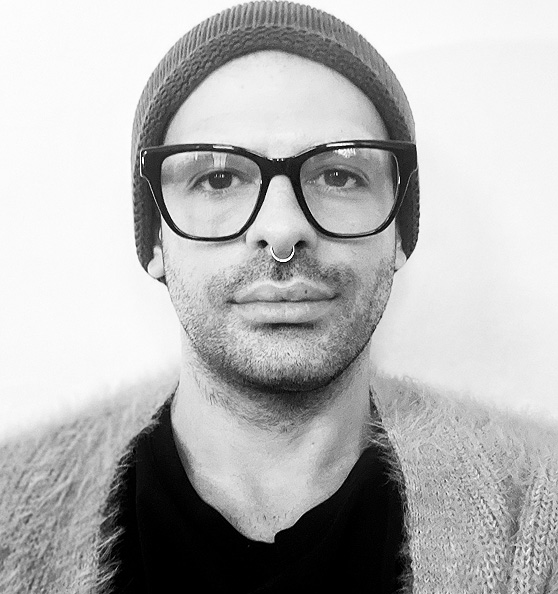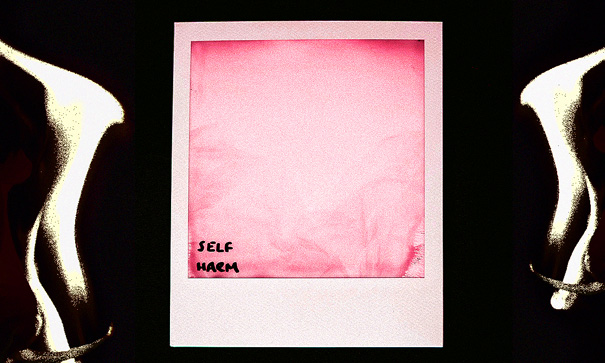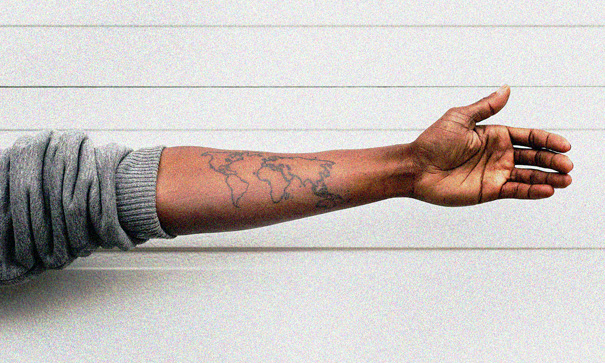 Giuseppe Manca:
Giuseppe Manca:
Trainee Psychodynamic Counsellor (BACP student member)
My name is Giuseppe Manca, and I am training as a psychodynamic therapist at MHCPC. My training is accredited by both the British Association for Counselling and Psychotherapy (BACP) and the British Psychoanalytic Council (BPC), and I adhere to their ethical guidelines.
At the end of my first year of training, I was awarded a certificate in psychodynamic skills and received a readiness to practice from my training body. Before my psychotherapy training, I completed a Master of Science in Psychology at Birkbeck and worked as a lecturer in academia.
At HQ Therapy, I provide psychodynamic therapy, which is deeply rooted in psychoanalytic theory.
My training emphasizes a branch of psychoanalytic thought called object relations, where special attention is given to how individuals form relationships with others.
A fundamental principle of psychoanalytic thought is that the current structure of an adult’s mind and emotional life is shaped by their childhood experiences. The therapeutic process aims to explore an individual’s history and experiences to identify patterns of attachment, behaviour, or suffering.
Psychodynamic therapy is centred around listening to the patient in a non-judgmental manner. While sessions may begin by addressing the reasons that brought the patient to therapy, it is often beneficial to expand the conversation to other topics that the patient feels comfortable discussing, even if they seem unrelated to the initial issue.
Psychoanalytic theory suggests that our conscious experiences may be influenced by unconscious reasons that we are not aware of; therefore, the work of psychodynamic therapy is to unveil some of those unconscious dynamics and, ultimately, introduce the patient to themselves. This process can significantly enhance emotional stability, ego strength, and emotional balance.
Each therapy session is tailored to the individual’s unique needs and can assist with various presenting symptoms, including anxiety and depression, difficulties in relationships, feelings of loneliness, and processing loss or bereavement, among others.
Psychodynamic therapy works by building a solid relationship between the two people in the room. This requires trust, openness, and an unconditional acceptance of the patient, who is always placed at the centre of this relationship.
I am bilingual and can offer therapy in both English and Italian.






















